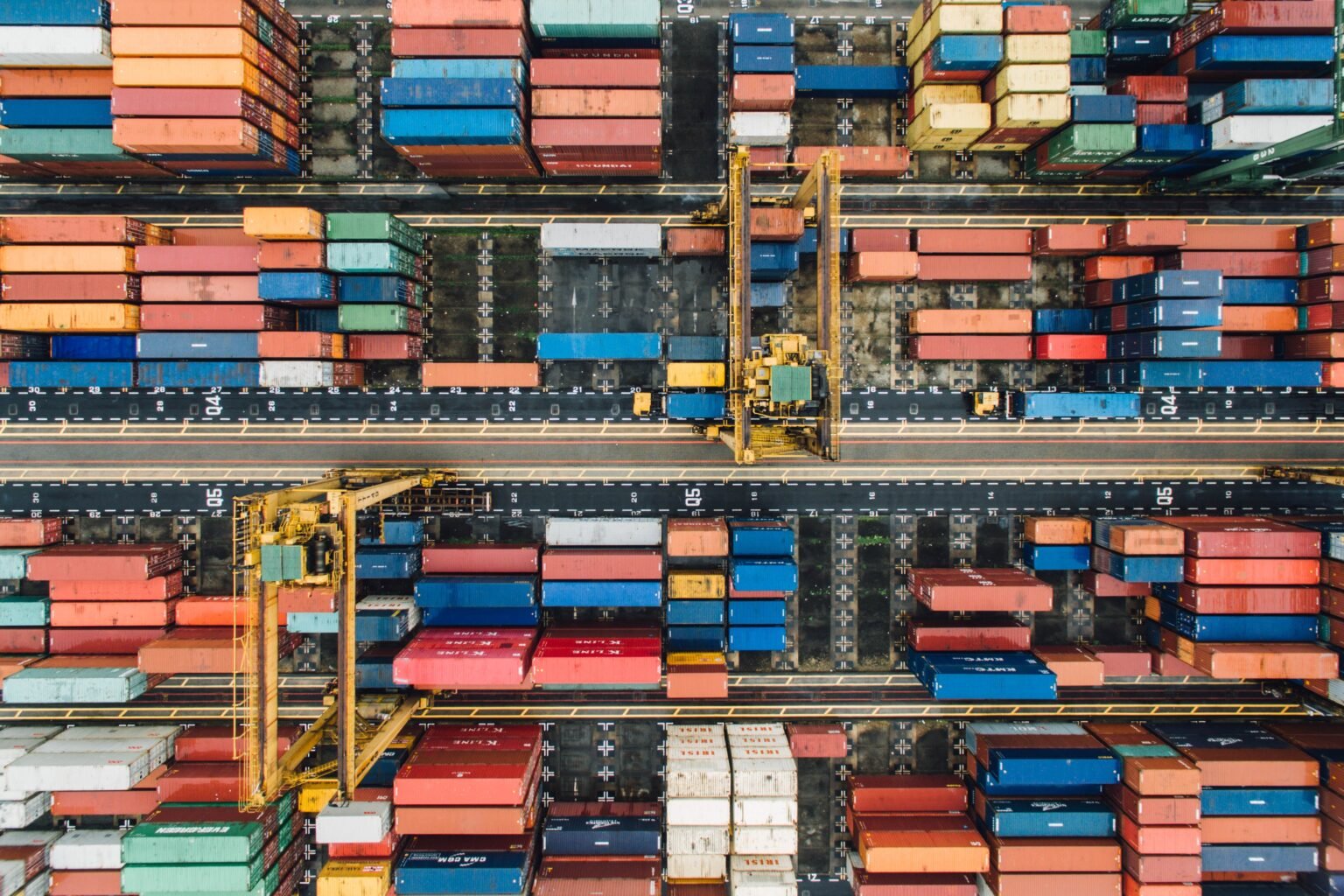Britain has reached an agreement to join a major free trade bloc in the Pacific region.
The country will become the first new member, and the first in Europe, to join the Comprehensive and Progressive Agreement for Trans-Pacific Partnership (CPTPP) since it came into force in 2018.
Although the government called the agreement its “biggest trade deal since Brexit,” its own estimates show that joining the CPTPP will increase UK economic output by less than 0.1% in the long run, or over approximately 15 years.
“We are at our heart an open and free-trading nation, and this deal demonstrates the real economic benefits of our post-Brexit freedoms,” British Prime Minister Rishi Sunak said Friday.
The bloc is home to more 500 million people and will be worth 15% of global GDP once the United Kingdom joins, Sunak’s office said.
The CPTPP is a free trade agreement with 11 members: Australia, Brunei, Canada, Chile, Japan, Malaysia, Mexico, Peru, New Zealand, Singapore and Vietnam. It succeeded the Trans-Pacific Partnership after the United States withdrew under former President Donald Trump in 2017.
The UK agreement comes almost two years after it began talks to join the pact.
Joining the CPTPP is unlikely to be transformational for the UK economy. Britain already has trade deals in place with nine of the 11 current members.
The agreement also won’t make up for the knock to GDP from leaving the European Union. The UK Office for Budget Responsibility, which produces economic forecasts for the government, expects Brexit to reduce Britain’s output by 4% over 15 years compared with remaining in the bloc.
Becoming a CPTPP member means that more than 99% of UK exports to the 11 other countries will now be eligible for tariff-free trade. That includes major exports, such as cheese, cars, chocolate, machinery, gin and whisky.
In the year through September 2022, the United Kingdom exported £60.5 billion ($75 billion) worth of goods to CPTPP countries, Sunak’s office said in a statement.
Dairy farmers, for example, sent £23.9 million ($29.6 million) worth of products such as cheese and butter to Canada, Chile, Japan and Mexico last year, and were set to “benefit from lower tariffs,” it added.
The deal also aims to cut red tape for British businesses, which will no longer be required to set up local offices or be residents of the pact’s member countries to provide services there.
Services made up a huge chunk — 43% — of overall UK trade with CPTPP members last year, according to Sunak’s office.
“As part of CPTPP, the UK is now in a prime position in the global economy to seize opportunities for new jobs, growth and innovation,” Sunak said.
Several businesses expressed their support for the deal in the government statement, including global bank Standard Chartered (SCBFF) and spirits maker Pernod Ricard (PDRDF).
Joining the pact “is a big opportunity for our Scotch whisky business,” said Anishka Jelicich, Pernod Ricard’s UK director of public affairs.
“Five of our top 20 export markets are CPTPP members. We expect tariff cuts and smoother access to some of the world’s fastest-growing economies to increase exports and secure jobs and investment in the UK, with sales doubling in some markets.”
However, the UK Trade and Business Commission criticized the deal.
“When it comes to trade, distance matters. Not only will joining this bloc fail to replace trade we have lost with our closest neighbors, stretching supply chains makes a mockery of our climate commitments and will undercut environmental and food standards in the UK,” Caroline Lucas, parliamentarian and a member of the Commission, said in a statement.



